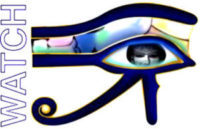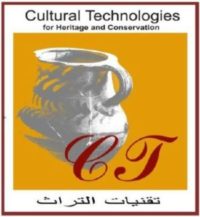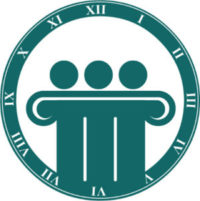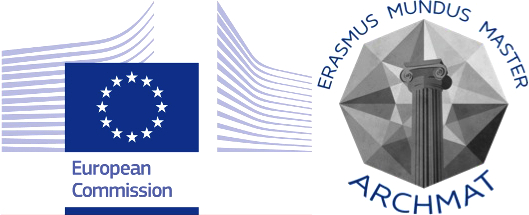Recognising that the Faro Convention emphasizes the important aspects of heritage as they relate to human rights and democracy;
Recognising that heritage is a group of resources inherited from the past with which people identify;
Participants to the eighth international conference on Science and Technology in Archaeology and Conservation assert that these resources, to be experienced, understood and lived out in any meaningful way depend on the following:
Education
- All heritage is mediated through cultural and social experiences.
- Knowledge and education make these experiences meaningful, durable and positive.
- The message of heritage, what it has to tell us about ourselves is the tool for its future sustainability.
- Knowledge is considered vital in keeping heritage alive and relevant. There are many ways to achieve this but strategies to support this approach need to be actively followed.
Action required:
- Education about heritage needs to be embedded in school curricula and syllabuses at all levels, including at vocational level.
- Enrich the narration through heritage storytelling as a powerful means of stimulating imagination, making connections between the past and our own life experiences.
Sustainability
Heritage is a finite resource. Ensuring its transmission safely into the future requires conservation and sustainable management policies. This can only be achieved if local communities are involved to foster a sense of ownership and engagement.
Action required:
- Develop participatory policies at local level. Strategies to integrate heritage with the local community on a case by case basis are necessary to create a sense of ownership and empowerment.
- The cultural relationship of the local community to the heritage must be negotiated within frameworks of best practice recognised internationally.
- Instruments to mediate powerful interests need to be developed to balance the requirements of community. This is essential when it comes to development.
- Where any heritage is in the process of being recognised as having universal significance and value, speculative development in the surrounding landscape must not be allowed in order not to impoverish the local community and undermine the value particular to the nominated heritage. (eg. not granting building permits, by issuing protective by-laws pending the approval of nominations)
Professional expertise
Because Heritage is recognised as a group of resources, a comprehensive approach to its valorisation, use and preservation is required. The necessity for a multi- disciplinary and cross-sectoral approach when engaging with heritage has repeatedly been called for. However, little real implementation has been experienced on the ground.
Action required:
- Protocols should be developed urgently to achieve this and expertise should extend to include such diverse types as the social anthropologist, the philosopher, the psychologist, the scientist, the geologist and all other relevant professionals.
Documentation
Documentation is critical to best heritage practice, accuracy of record provides information necessary to preservation, interpretation and understanding. All relevant data sources which document the heritage resources must be preserved, all documentation produced and knowledge generated during any interventions must also be preserved for interrogation and reference at any point in the future. New data sources (eg; those from satellite, drones, etc.) previously not included in any “best practice recommendation“ could be usefully included in the archive which documents the heritage resources
Action required:
- The technological characteristics of the “documentary support” must be considered with respect to obsolescence which can make the retrieval of information difficult or even impossible.
- Protocols should be developed urgently to achieve this.
- Prevent duplication of effort in the collection of data through coordination with stakeholders.
Non-Governmental Organisations, Civil Society Organisations
NGOs and CSOs provide services which are subsidiary or indeed eventually can replace state agencies and local authorities. They work on an economic rather than a financial model. Current and cyclical economic downturns threaten the survival of several of these organisations. Moreover NGOs and CSOs often suffer from a lack of accreditation/recognition by UNESCO particularly when they are engaged internationally.
Action required:
- Recognition of NGOs and CSOs should be facilitated. Recognition should not be based on financial eligibility provided that the respective bodies fulfil all the necessary criteria.
- Where local NGOs and CSOs have a proven track record in their respective areas of endeavour they should be recognised and supported by their national governments or local authorities.
- International NGOs and CSOs working in the field of culture and cultural heritage should apply directly to UNESCO to be included on their roster.
- In the case of the deployment of national or international NGOs and CSOs in a third country, upon request of legitimate governments or international and intergovernmental bodies, these agencies should commit support to these organisations, based on criteria stipulated within the Geneva Convention, the Hague Convention and international humanitarian law at large.







